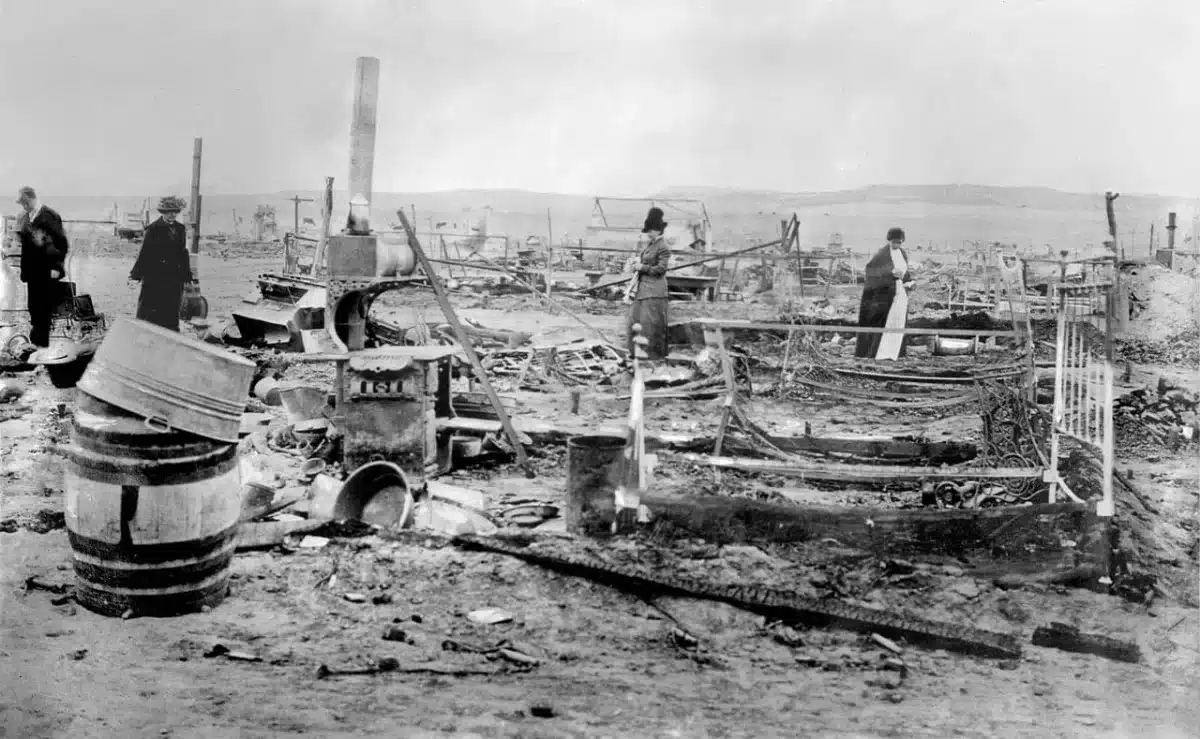During Colorado’s coal mining era, fatalities among colliers were shockingly double the global average, revealing mine owners’ severe safety negligence. Without unions, workers feared dismissal for complaints, as companies provided housing linked to employment. In 1913, the United Mine Workers of America joined Southern Colorado colliers to present seven demands to mine owners, including union recognition, wage hikes, and shorter workdays. A strike ensued in 1913, leading to tent colonies for strikers and tensions with working colliers. Violence escalated, and Governor Ammons called the National Guard, later replaced by coal company gunmen.
The Ludlow Massacre in 1914, where soldiers attacked tents, resulted in casualties. Retaliation ensued, known as the Colorado Coalfield War. Federal troops intervened, and the strike ended in 1914. The strike’s legacy prompted reforms, despite the union not gaining recognition, impacting mine conditions and labor relations nationally.

